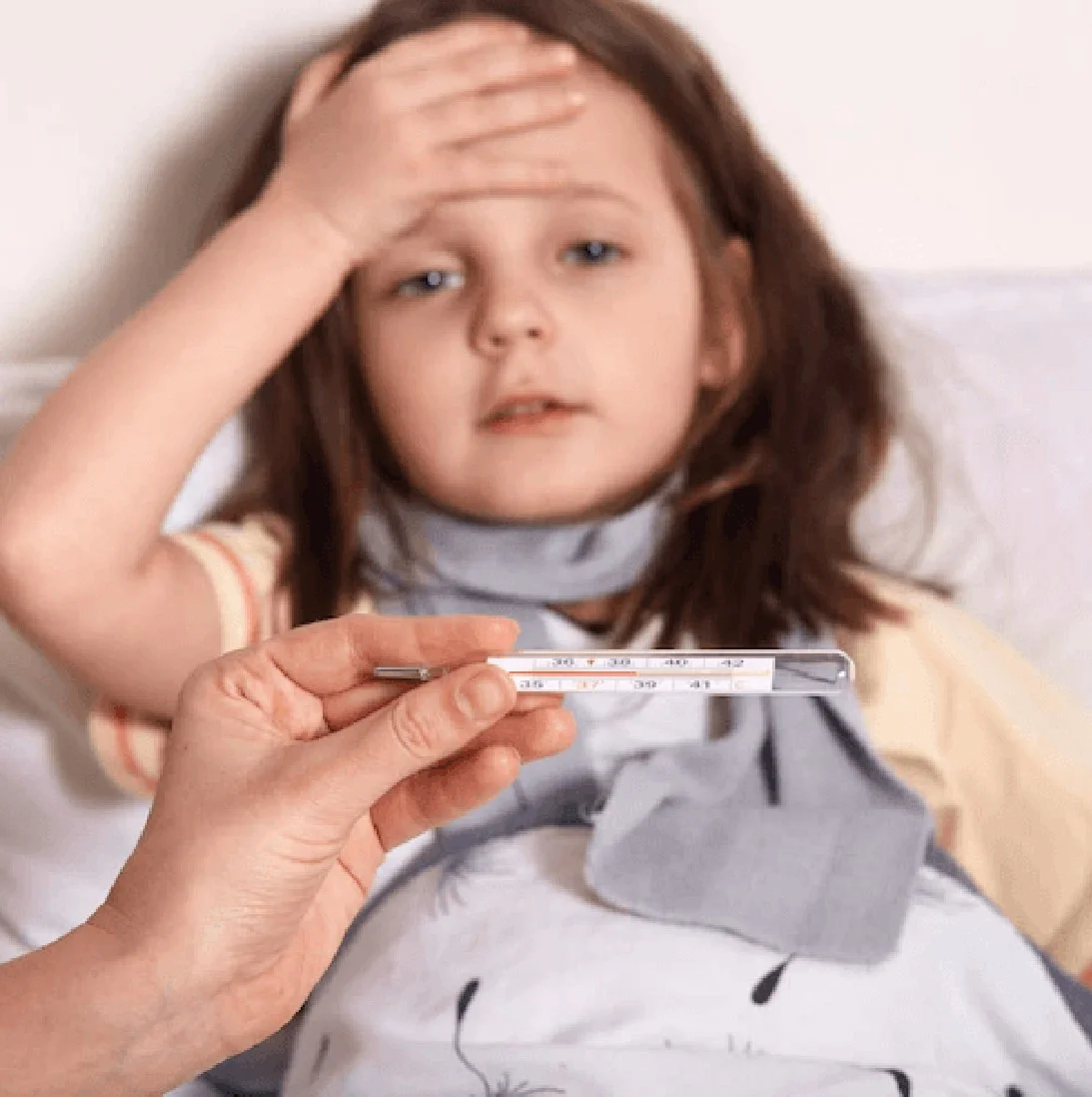
Department of Pediatrics and Neonatology
Welcome To Gangasheel Hospital
What is Typhoid ?
Typhoid fever is caused by Salmonella bacteria. Typhoid fever is rare in developed countries. It remains a serious health threat to developing countries, especially children.
Typhoid fever is caused by contaminated food or water or by close contact with an infected person.
- High fever
- Headache
- Abdominal pain
- Constipation or diarrhea
Most people with typhoid feel better within a few days of starting antibiotic treatment, but a few may die from complications. Vaccines against typhoid fever are only partially effective. Vaccines are usually available for people who may be exposed to the disease or who travel to areas where typhoid fever is common.
Signs and symptoms are likely to develop gradually, often 1 to 3 weeks after exposure to the disease.
Early Illness Signs and symptoms of include:
- Stomach pain
- Diarrhea or constipation
- Rash
- Extreme bloating
- Typhoid fever is caused by a dangerous bacterium called salmonella typhoid fever. Salmonella typhi is related to the bacteria that cause salmonellosis, another serious intestinal infection, but they are not the same. Infect. Once infected, it can be transmitted to others through the fecal-oral route.
- This means that Salmonella typhi is excreted in the faeces and urine of infected people. People with typhoid fever can become infected if they eat food that has been touched without washing themselves thoroughly after going to the toilet.
- In developing countries where typhoid fever is common, most people become infected by drinking contaminated water. Bacteria can also be spread through direct contact with contaminated food or an infected person.
Typhoid carriers
Even after treatment with antibiotics, a small number of people who have recovered from typhoid continue to carry the bacteria. These people, known as chronic carriers, no longer have the signs or symptoms of the disease itself. However, they can still excrete the bacteria in their feces and infect others.
Safe drinking water, improved sanitation and good medical care help prevent and control typhoid fever. Unfortunately, these are difficult to achieve in many developing countries. For this reason, some experts believe that a vaccine is the best way to control typhoid fever.
Immunization is recommended if you live in or travel to an area where there is a high risk of typhoid fever.
The only effective treatment for typhoid fever is antibiotics. Doctors most commonly use ciprofloxacin (Cipro) in women who are not pregnant.
Other antibiotics your doctor may use are:
- People with typhoid should stay hydrated by drinking plenty of water. In more serious cases, such as a perforated intestine, surgery may be required.
- However, as with many other bacterial diseases, increasing resistance to antibiotics against S. typhi is a concern.
- There have been outbreaks of multidrug-resistant typhoid fever strains, such as his 2018 outbreak in Pakistan, where patients were resistant to five of his antibiotics.
For this reason, the CDC recommends the following precautions:
For example, we are:
- Increase vaccination
- Improve sanitation and hygiene
- Improve case tracing to limit transmission
Yes, Typhoid treatment is available in Bareilly at Gangasheel Hospital by the team of expert Pediatrician in the city.
